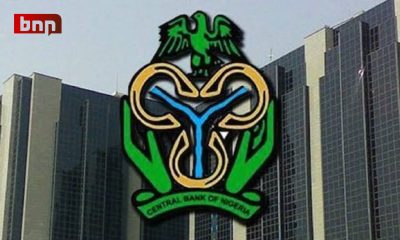By Odunewu Segun
Non-oil exporters have described the Central Bank of Nigeria’s forex policy as a mess, saying that the interventions stimulates the importation of materials and thus exit of forex while little or no attention is paid to non-oil exports which bring in forex.
While initial success was recorded after introduction of the revised forex policy in February, the CBN seems to have run into a wall recently as the Naira continues to weaken despite its continued intervention.
Citing an example, they claim that the CBN had made it difficult for them to access their earnings from exports at the prevailing parallel market value, thus making it a disincentive for operators, having bought raw materials from farmers at street value and added value before such products were exported.
Agreeing with this opinion, the SME Group Chairman of the Lagos Chamber of Commerce and Industry (LCCI), Jon Kachikwu, chided government for its inability to live up to its expectations to businesses while expecting so much from operators.
“We now have a situation where exporters cannot have access to their repatriated dollars, yet non-exporters can access theirs.” Chairman, Export Group, Lagos Chamber of Commerce and Industry (LCCI), Dr. Obiora Madu told National Daily.
ALSO SEE: Recession threatens Nigeria’s quest for local oil refining
“The CBN tells you to sell your proceeds at the interbank market or use it for import. This does not make any sense considering that incurred expenses were done at the prevailing black market rate. I did some transactions in January at the prevailing black market rate of about N500. Now, I am expecting the export proceeds this month. Will it be logical and profitable to sell at N306 or even at the prevailing black market rate, considering the costs also incurred?” lamented one exporter.
National Daily gathered that with no support to purchase materials at the interbank market rate, exporters are left with no choice than to use the black market to purchase their materials. However, the CBN insists that the proceeds the make from exports must be sold at the interbank rate. This is practically telling exporters to run their businesses at a loss. Exporters are thus threatening to quit operation if the CBN does not create a special window for export proceeds.

 Football1 day ago
Football1 day ago
 Business1 week ago
Business1 week ago
 Business1 week ago
Business1 week ago
 Education1 week ago
Education1 week ago
 Crime1 week ago
Crime1 week ago
 Covid-191 week ago
Covid-191 week ago
 Latest5 days ago
Latest5 days ago
 Business1 week ago
Business1 week ago













